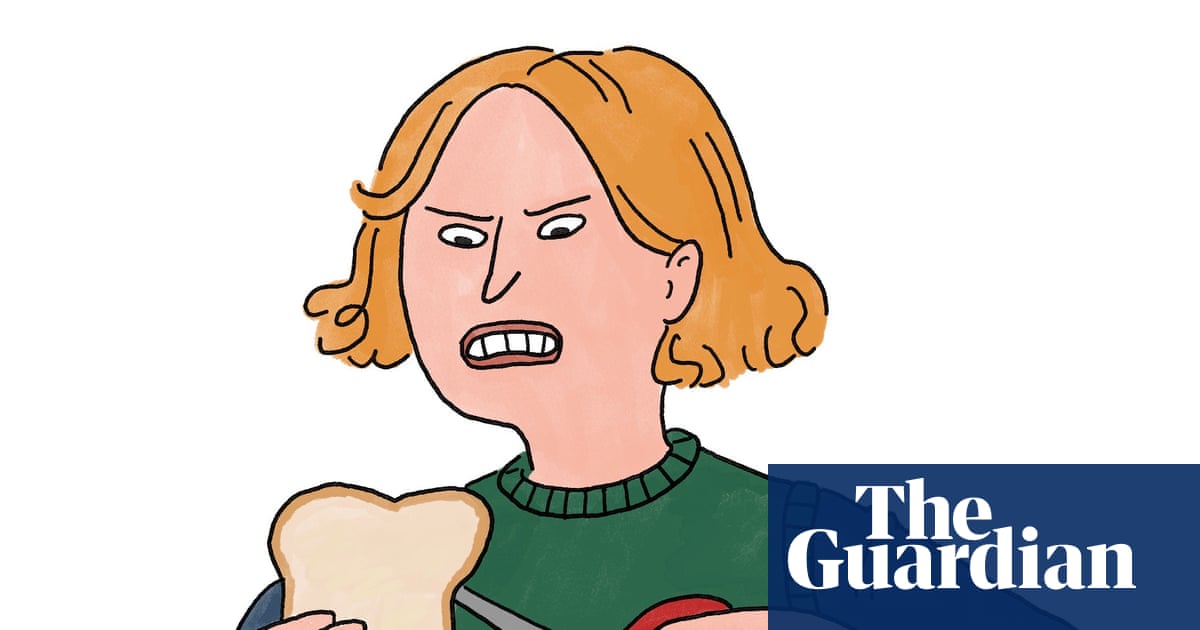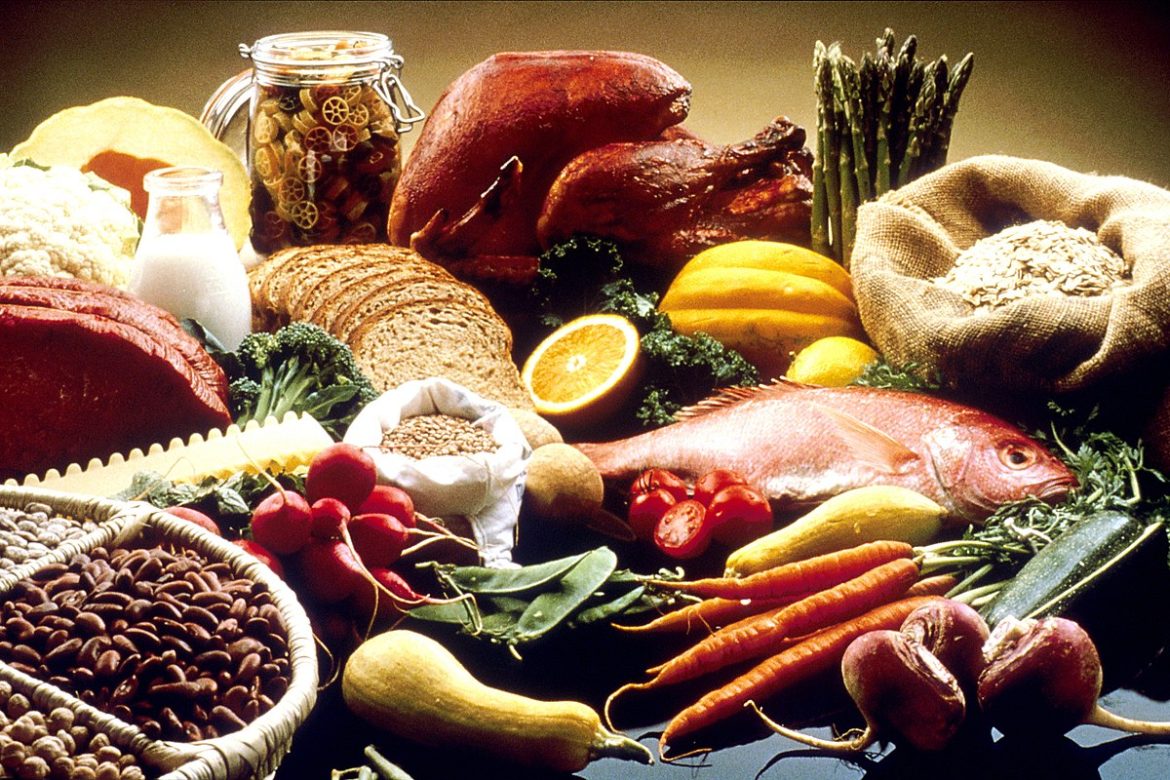

This topic is somewhat ambiguous, notes Bethan Crouse, a performance nutritionist at Loughborough University. She doesn’t suggest that the athletes she advises eliminate carbohydrates entirely – including items like bread, grains, potatoes, and sweets. “Nonetheless,” she states, “lowering carbohydrate consumption can aid in weight reduction, provided we regulate total energy consumption.”
Achieving weight loss hinges on energy balance: taking in fewer calories than what we expend. There are various methods to reach this goal: increasing physical activity, reducing food intake, or opting for lower-calorie options. She explains that decreasing some carbohydrate intake can facilitate this deficit, not because carbs are inherently “fattening,” but due to the fact that other macronutrients like fiber, protein, and fat are generally more satiating. “If we allocate a larger portion of our calorie allowance to these foods, we will feel fuller for a longer time,” Crouse remarks.
This particularly applies to refined carbohydrates, such as white bread and sweets, which are metabolized rapidly. While they can function as a pre-exercise snack, they are less advantageous as a primary carbohydrate source. Instead, Crouse suggests incorporating higher-fiber options during meals, like brown rice and wholemeal bread, which provide energy more gradually.
“You’ll feel significantly better by consuming a well-rounded, protein-rich meal combined with vegetables and some healthy fats,” she advises. “It’s a far superior use of your ‘calorie budget’.”
Crouse suggests increasing carbohydrate intake on workout days: “This decreases the likelihood of illness and injury and aids in exercise adaptation.” On rest days or days of lower activity, reducing carbohydrate consumption can assist in lowering your total energy intake, as long as you still incorporate protein for muscle recovery, along with plenty of fruits and vegetables for vitamins, fiber, and antioxidants.

